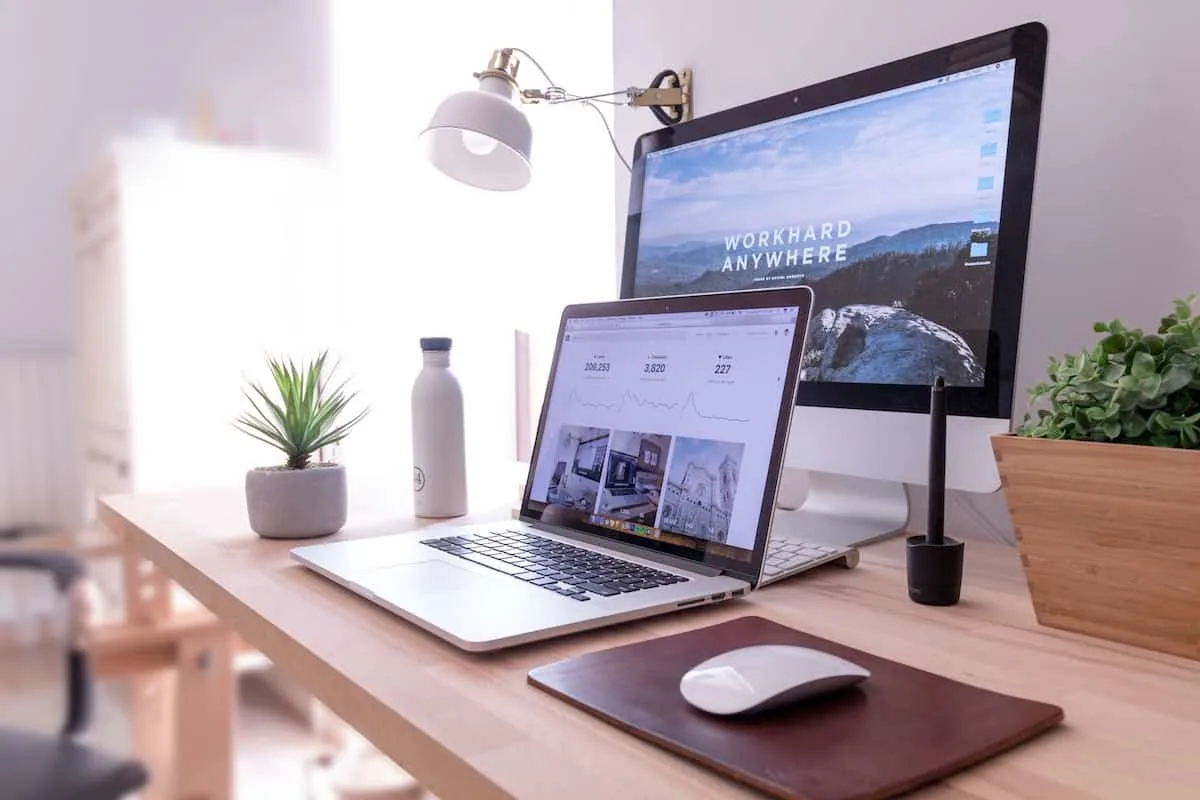In the age of digital learning, online graduate students face unique challenges and opportunities when it comes to designing their study spaces. Unlike traditional classroom settings, online learning requires students to be self-motivated and organized, making the design of a study space more critical than ever.
An effectively designed study area can enhance focus, increase productivity, and make the learning process more enjoyable. Whether you’re pursuing a Master’s in Special Education or any other field, the right environment can make a significant difference in your academic success. Here are some tips and strategies for creating an effective study space as an online grad student.
Table of Contents
Choose the Right Location
Selecting the right spot for your study space is the first step toward effective learning. It should be a quiet, comfortable area where distractions are minimized. Natural light can boost your mood and energy levels, so try to set up your workspace near a window.
However, be mindful of glare on your computer screen. If natural light isn’t an option, ensure your room is well-lit with artificial lighting to reduce eye strain.
Integrating elements of nature, such as artificial plants for indoor offices, can also enhance your study area. These can add a touch of tranquility and improve air quality, making your space more pleasant and conducive to long study sessions. Even if you don’t have access to real plants, high-quality artificial options can still provide aesthetic benefits without maintenance.
Organize Your Space

An organized space reflects an organized mind. Start by decluttering your desk and surrounding area, keeping only the essentials within reach. This might include your computer, textbooks, notepads, and writing instruments. Consider using organizers or shelves to keep your materials sorted and easy to find.
For those diving into a Master’s in Special Education curriculum, keeping your study materials organized is crucial. This field requires a lot of reading and assignment tracking. Utilize digital tools and apps to keep your coursework organized and prioritize tasks. This way, you can focus more on your studies and less on searching for lost items or information.
Invest in Comfortable Furniture
Comfort is key to maintaining focus and avoiding physical strain during long study periods. Invest in a chair that supports good posture and a desk that’s the right height for your frame. Your feet should rest flat on the floor, and your computer screen should be at eye level to prevent neck and eye strain.
Remember, comfort also means creating a space that feels welcoming and personal. Add a few personal touches, such as a favorite mug for your coffee or a motivational poster. These small additions can make your study space feel more inviting and inspiring.
Minimize Distractions

In an online learning environment, distractions are your biggest enemy. Identify what commonly diverts your attention—be it your phone, social media, or household noise—and take steps to minimize your distractions. Use apps that block distracting websites during study sessions and consider noise-cancelling headphones if you’re in a noisy environment.
Setting boundaries with those you live with is also important. Let them know your study schedule to minimize interruptions. This respect for your study time is crucial for maintaining focus and productivity.
Personalize Your Study Techniques
Finally, understand that effective study techniques vary from person to person. Some students benefit from listening to music, while others need complete silence. You might find that studying in short bursts with frequent breaks keeps you more engaged than in marathon sessions.
Experiment with different methods to find what works best for you. Whether it’s using flashcards, summarizing readings out loud, or teaching the material to an imaginary audience, the right techniques can enhance your understanding and retention of the material.
Conclusion: Creating Your Ideal Study Space
Designing an effective study space as an online grad student is about more than just aesthetics; it’s about creating an environment that fosters learning, creativity, and productivity.
By choosing the right location, organizing your space, investing in comfortable furniture, minimizing distractions, and personalizing your study techniques, you can build a study area that not only meets your needs but also enhances your overall educational experience.
Remember, the goal is to create a space where you can focus, learn, and grow as a student. With these tips and strategies, your study space can become a cornerstone of your academic success.
